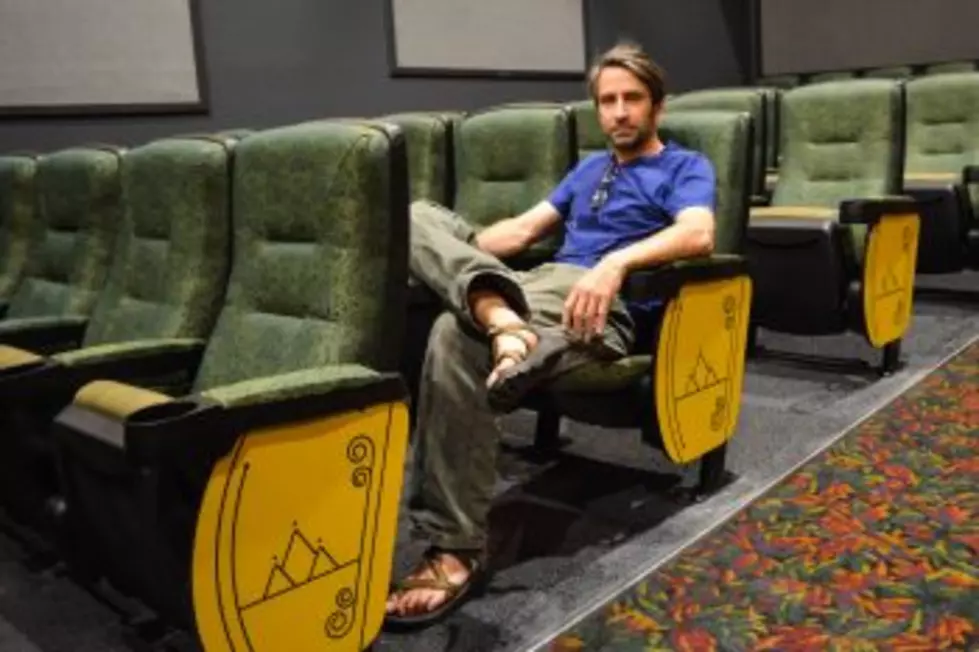
Missoula nonprofits adjust, fight to stay afloat amid coronavirus closures
Nonprofits across Missoula are shifting their focus in a race to serve the city amid the coronavirus pandemic, though some have expressed concern about their programs and the future of their organizations.
Among them, the Poverello Center has issued an urgent plea for food supplies, citing a 50% drop in contributions. The Women's Opportunity and Resource Development program reported its own funding struggles, saying it needs to raise $30,000 and fast.
Executive Director Jennie Vader said the timing of her organization's funding challenges is difficult. It has launched a Go Fund Me account to raise revenue.
“Before COVID-19, we were in the midst of launching a campaign to raise money and reinvigorate our funding,” said Vader. “But with COVID-19, that has become much more difficult, because the whole community is experiencing the crisis and a lot of people are losing jobs or their income.”
Other nonprofits have shifted their focus to serve the community, even as their customary roles are disrupted and they're forced to refocus. With its gym closed, the YMCA could open its facility to emergency childcare services for front-line workers fighting the pandemic in the coming days.
Heather Foster, CEO of the YMCA, said the past week has been difficult.
“It's been really challenging,” said Foster. “What we're trying to do is prepare for the worst and remain hopeful for the best. We don't know how long this is going to last.”
The YMCA relies upon several key revenue streams, and membership is one of them. Funding from members looking to use the YMCA's facilities helps fund other programs.
But local health officials, followed by the state last week, ordered all gyms, pools and indoor recreational facilities to close to slow the spread of the virus. A long-term closure could impact the YMCA's funding model.
“As this moves forward and we see more and more people pull out of membership – and we understand it – it really changes our viability,” said Foster. “It makes the outlook feel very uncertain on what it will look like in a month or two if this continues, and whether the YMCA and other nonprofits can even survive.”
Foster said her organization employs 325 people, and the majority of them have been sent home.
“It's really tough to be in charge of an organization right now where people aren't going to be getting paid and coming to jobs they love,” she said. “It feels very uncertain.”
Mike Steinberg, executive director of the Roxy Theater, also holds concerns moving forward. The theater employs around 20 workers year round, but with many operations on hold, roughly half of them have been furloughed.
“My biggest concern is how long this will go on,” Steinberg said. “We're a community-based organization and we really just rely on what's in some ways a retail operation with the community. People come in, buy tickets and popcorn, watch movies, and that's just not happening.”
Under normal circumstances, the Roxy would be gearing up to welcome thousands of International Wildlife Film Festival fans. But with the theater closed, the annual event will shift to an online platform this year, screening films at a time when Steinberg believes Netflix will run out of new content.
The organization also has launched a fundraising campaign, asking its 2,000 members and several thousand email subscribers to help keep the organization afloat until it can reopen its doors and return to its standard stream revenue.
“We have no other recourse but to go to the community and ask for support,” he said. “The expenses won't stop for us. Sure, it all grinds to a halt, but we still have expenses – we still have a mortgage, electric bills and other expenses. We can lock it down as much as we can, but we still have to pay those bills.”
Last week, the United Way of Missoula County launched a fundraising campaign to help local service workers and certain nonprofits during the coronavirus closure.
Susan Hay Patrick, CEO of the local United Way, said the fund was established to help those individuals who found themselves out of work as bars, restaurants and other facilities were forced to close to slow the spread of the virus.
“I think we are sort of head down, working as hard as we can to fill the gaps and help the people who need us now more than they ever have in my lifetime, said Patrick. “We don’t have the luxury of looking that far ahead. We just need to get through this.”
